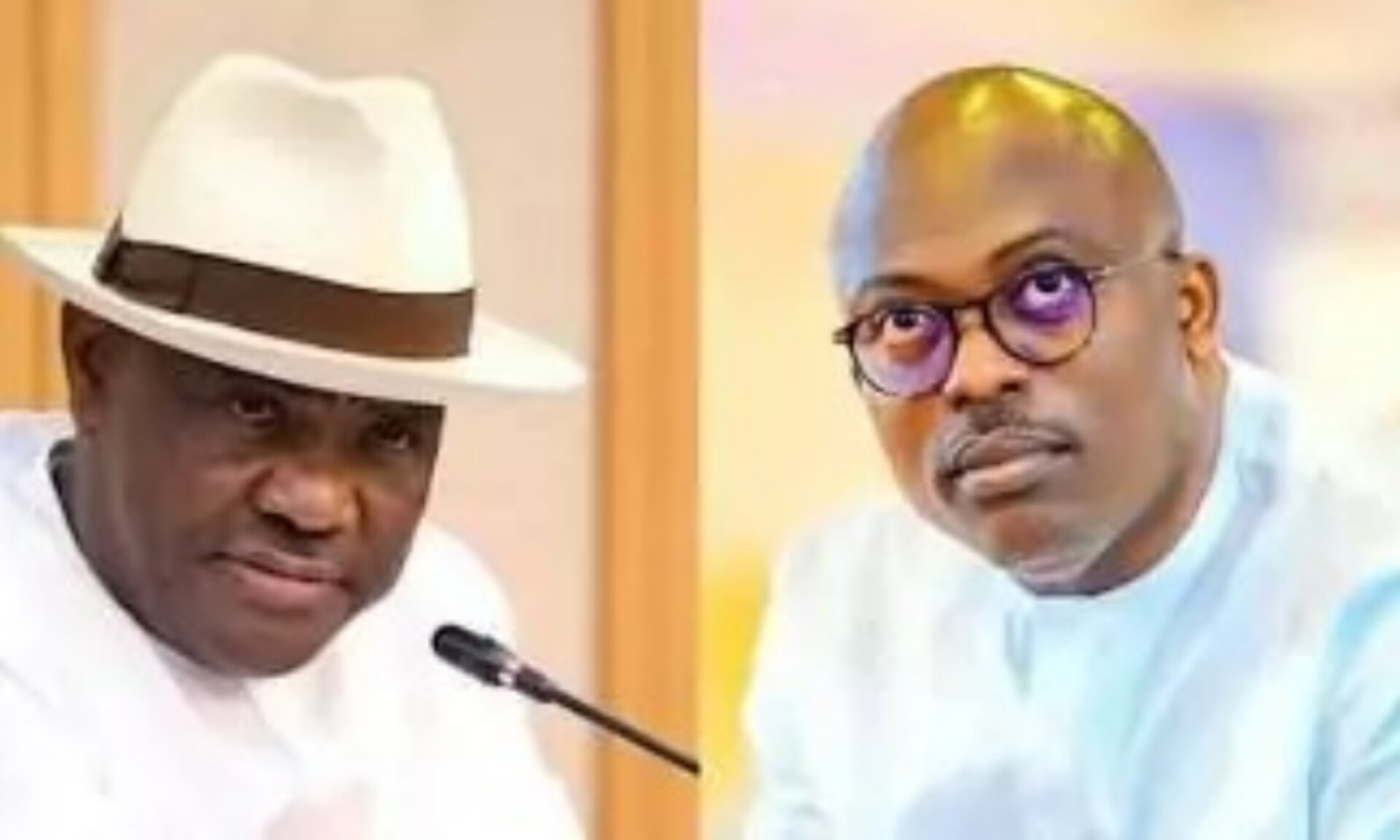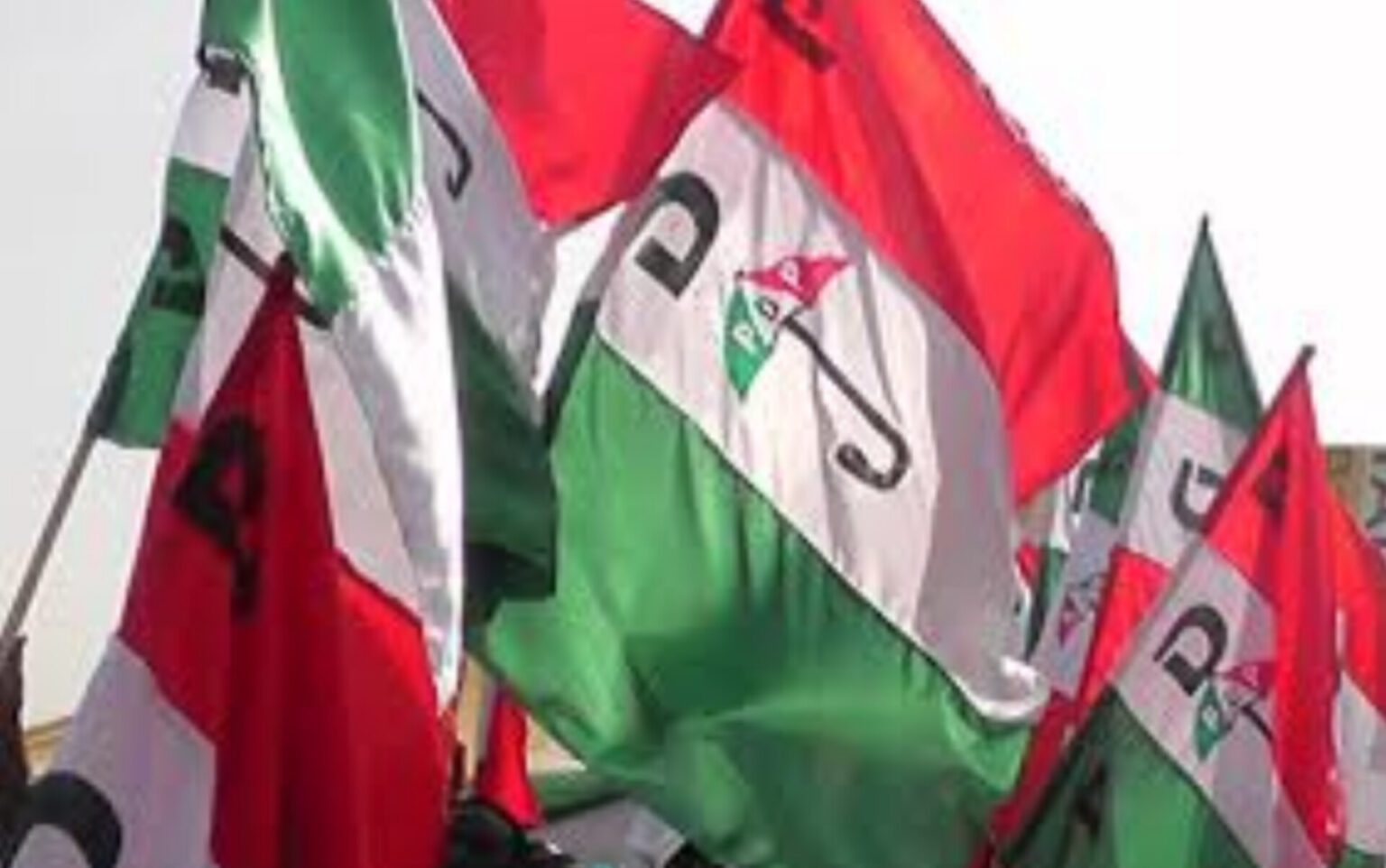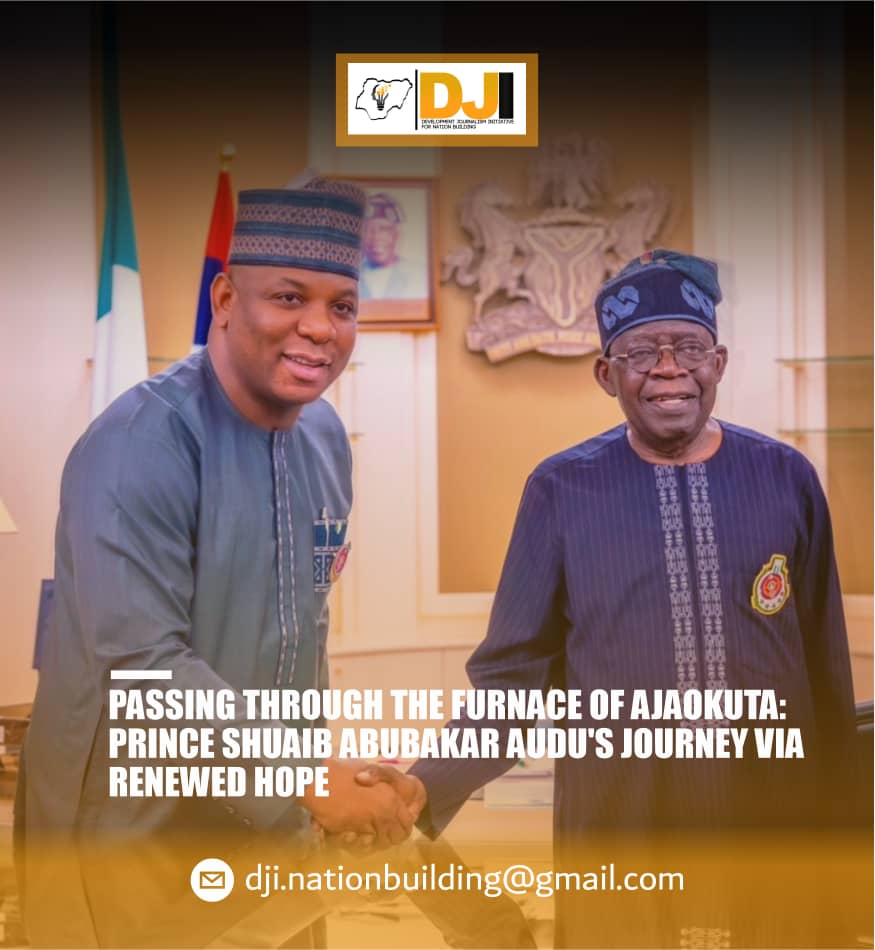By Ehichioya Ezomon
Has the political heat in Rivers State simmered in the past week to suggest perhaps – just perhaps – that conventional wisdom has taken hold of the dramatis personae in the crisis to pull back from the precipice they’ve pushed the state in the last eight months?
There’s nothing on the ground to suggest otherwise, even as Governor Siminalayi Fubara and Minister of the Federal Capital Territory (FCT), Chief Nyesom Wike, played their brand of politics at separate locations, trying to undo each other in showcasing achievements in their official jurisdictions, to mark one-year in the saddles in Rivers and Abuja, respectively.
Amid “all the distractions from those that want to draw Rivers State backward,” Fubara invited prominent persons from within and outside Rivers – including Abia State Governor Alex Otti of the rival Labour Party (LP), and former Rivers Governor Peter Odili – to launch projects he “executed in record time, and with full payments to the contractors” – an obvious dig at Wike for allegedly failing to pay contractors for their services.
As is the routine in Rivers governance, especially since the Wike’s helm, Fubara, using his “State of the State” address to render account of his one-year stewardship, revealed the “huge debts to contractors” that Wike left behind for his government.
At the Dr. Obi Wali International Conference Centre in Port Harcourt on Wednesday, May 29, Fubara said his administration “inherited 34 uncompleted projects, valued at over N225.279bn in 13 local government areas of the state,” adding that the contractors, who executed the 34 projects, have come to him for payments.
Fubara stated that though he inherited a state, “whose economy was on a declining trajectory despite its growth potential,” his government has changed the narrative for the better by “increasing astronomically internally-generated revenue from N12 billion to between N17 billion in off-peak periods and N28 billion during the peak months.”
“Our liberalized business-friendly economic policies and programmes are boosting confidence and attracting local and international investors and investments into the State, judging by the expression of interest offers we receive every month.” Fubara said.
“We have kept our taxes low, frozen the imposing of taxes on small businesses across the State, and increased the ease of doing business by eliminating bureaucratic bottlenecks. No request for the signing of a certificate of occupancy (CoO) remains in my office beyond two days, except if I am otherwise engaged beyond two days or out of town.
“We have established a N4 billion matching fund with the Bank of Industry (BOI), to support existing and new micro, small, and medium-sized businesses (MSMEs) to grow their businesses to drive economic growth and create jobs and wealth for citizens. Over 3,000 citizens and residents have applied to access this loan to fund their businesses at a single-digit interest rate, and a repayment period of up to five years.”
Commissioning the completed projects – mostly inherited from the Wike administration (2015-2023) – the invited guests heaped praises on Fubara, not only for achieving commendable strides within a short time, but also for “liberating Rivers State” from Wike’s stranglehold – the same Wike that some of the invitees had praised to the heavens barely a year ago.
For instance, Dr Odili, an erstwhile ally of Wike, noted that Fubara “has taken full control of governance in the State,” stressing that the governor is “focusing on the people” in line with his chosen mantra: ‘People First’. It’s on Saturday, May 25, at the inauguration of the dualised Omoku-Egbema road in Ogba/Egbema/Ndoni local government area (ONELGA) of the state.
An elated Odili even predicted a seamless second-term election for Fubara in 2027, and urged him to remain focused on the people, giving succour to the less-privileged and hope to those who do not have anyone to help them go through life’s challenges.
“I can tell our people that the next election is very far, but what the Governor has done so far, is enough to secure the support of Ogba/Egbema/Ndoni Local Government Area going forward,” Odili said. “Thank you, Your Excellency, because the greatest assets of the State remain the people, not oil and gas.
“The people of Rivers are behind you, rallying support for you because they trust you, believing in what you say and convinced that you mean whatever you say,” Odili said, adding, “I want to agree with you that the sky would become the takeoff point of your administration.”
Relatedly in Abuja, it’s Wike’s days in the sky. Though he didn’t have the luxury of throwing brickbats at Fubara – and there’s no surrogates to do same for him – Wike had the rare privilege of enlisting President Bola Tinubu to launch some of the projects that were “abandoned for decades,” and received applause from Tinubu for returning and restoring Abuja’s Master Plan, and transforming the Federal Capital Territory (FCT).
On Tuesday, May 28, at the commissioning of the Southern Parkway, which Wike proclaimed as “Bola Ahmed Tinubu Way” – a crucial infrastructure project that’s dormant for 13 years before Wike’s intervention – the President described the minister’s vision as “inspiring many and yielding remarkable results in the FCT.”
Tinubu said: “Barr Nyesom Wike, ‘Mr. Project,’ thank you for giving us this home and for your sincere commitment to shared values. Your revolutionary vision is inspiring many and yielding remarkable results in the FCT.”
Highlighting the significance of the road, the President said, “The Southern Parkway not only connects vital areas within the FCT, but also symbolises our collective aspirations for connectivity, ease of livelihood, and progress. This road will enhance mobility, ease traffic congestion, and spur economic development for residents and visitors alike.
“Infrastructure is an enabler of jobs, economic growth, and prosperity. We are committed to building a world-class capital city, and the completion of this road is a testament to that commitment. Making our citizens the central focus of our development is crucial for Nigeria’s success,” Tinubu stated.
Earlier, Wike noted: “This landmark project is the first amongst nine visionary projects scheduled for commissioning by Mr. President in the coming days. It represents a significant milestone in our collective efforts to enhance the infrastructure and livability of our great capital and her inhabitants.
“As we mark the first year of your transformative leadership, Mr. President, this event underscores our shared commitment to progress, innovation, and the enduring prosperity of Nigeria.”
Yet, the make-for-the-cameras pomp and ceremony, razzmatazz, accolades, hand-pumping and backslapping by politicians in Port Harcourt and Abuja are but a temporary relief or diversion to mask the “real politic” in Rivers, where Governor Fubara’s fighting the battle of his life to cage Chief Wike, and save his governorship and political career heading into the 2027 General Election.
The fourth installment of this article on Monday, May 27, 2024, examined two strategies that Fubara could adopt to handle Wike and his sacked loyal members of the Rivers Assembly, and local council chairmen, whose tenure ends in June 2024, but have vowed to remain in office until “elected officials” were installed in the Rivers local councils. Below’s a recap:

First, Fubara could evict the lawmakers from the Rivers State House of Assembly Residential Quarters in Port Harcourt – where they and their families domicile, and use as a legislative chamber – to deny them the venue and avenue to make laws and/or plot his impeachment.
Second, Fubara could copy his counterparts, and withhold the lawmakers’ emoluments, and allocations to the legislature – as he’s allegedly done to the April 2024 allocations to the councils – to checkmate the legislators, whose seats have lately been redeclared “vacant” by a Rivers High Court.
Let’s now proceed to interrogate the remaining measures, beginning with the Third, as follows: When push comes to shove, Fubara could muscle the pro-Wike lawmakers by physical attacks on them, their homes and businesses, the aim being to overraw, and hound them, to sabotage their plans to make his government ungovernable, and pave the way for his impeachment – the aim of the lawmakers from onset of the Rivers crisis.
Recall Fubara’s declaration about the lawmakers early in 2024: “I think it has gotten to a time when I need to make a statement on this thing, so that they (lawmakers) understand that they are not existing. Their existence and whatever they have been doing is because I allowed them to do so. If I don’t recognise them, they are nowhere. That is the truth.
“I can say here, with all amount of boldness, I have never called any police man anywhere to go and harass anybody. I have never gone anywhere to ask anybody to do anything against anybody.
“Even when I have all the instruments of State powers, I have shown restraint, I have acted as a big brother in the course of this crisis. I have not acted like a young man that may want the house to be destroyed but, I have behaved like a mature young man that I am.
“This is because I know that no meaningful development will be achieved in an atmosphere of crisis. And because our intention for Rivers State is to build on the foundation that had been laid by our past leaders, it will be wrong for me to take the path of promoting crisis.”
Interpreted, the pro-Wike lawmakers – already in the lurch over series of court rulings sacking and re-sacking them, and voiding all legislative actions they took in the course of the Rivers crisis – shouldn’t underrate Fubara’s powers and resolve – if pushed against the wall – to roar like the lion, attack like the hyena and bite like the crocodile!
Barring any “political earthquake” this week in the Rivers crisis, the remaining measures Fubara could deploy to arrest Wike’s alleged hegemonic hold on Rivers State will be interrogated in the next installment of this running header!
- Mr Ezomon, Journalist and Media Consultant, writes from Lagos, Nigeria
Sent from my iPad. Ehichioya
Ezomon.




